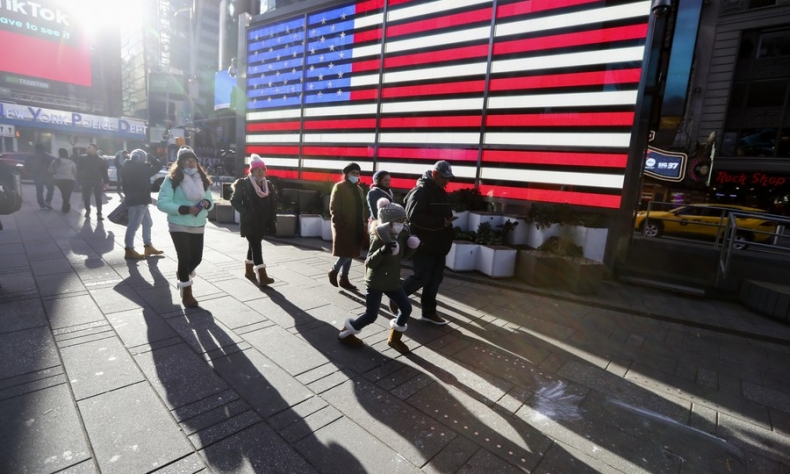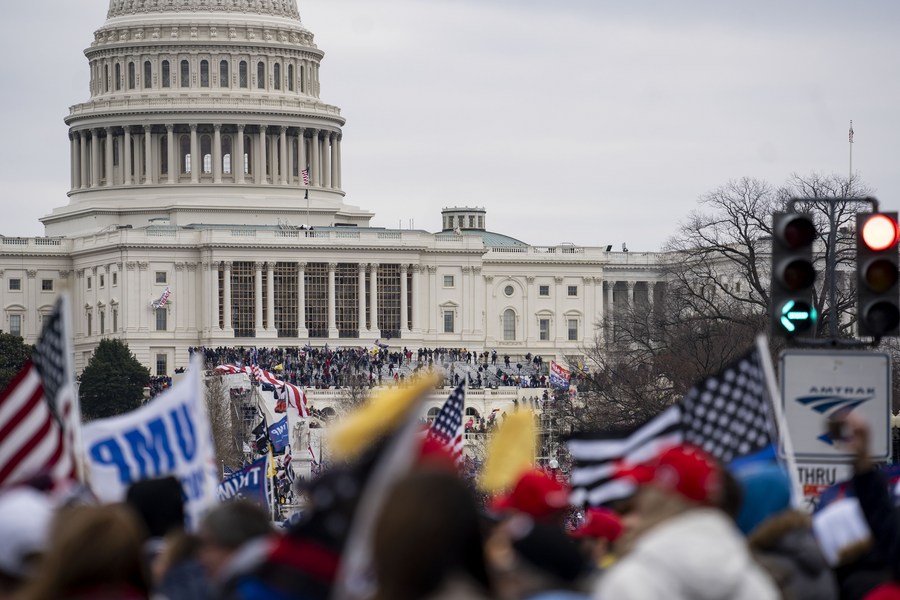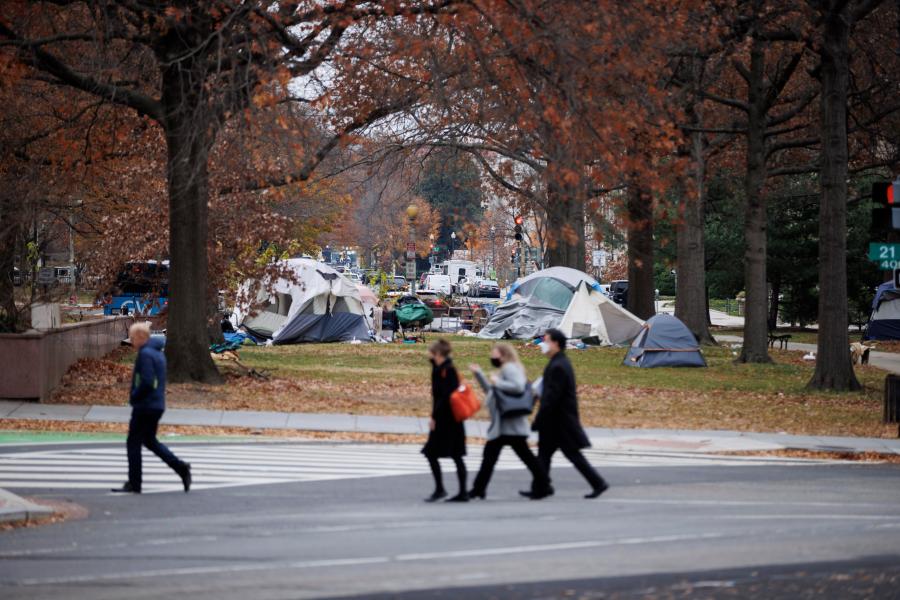The Plutocracy That Is U.S. Democracy

What individual Americans seem to want is not being given to them by their elected representatives.
The U.S. doesn’t have democracy, it has politics. Democracy is about serving the people, giving them what they want and improving their lives. China doesn’t have career politicians, it has bureaucrats. Trained and skilled administrators who are elected from the bottom and selected from the top, but only if they are good enough. If they don’t measure up, they lose their job.
Politics is about fundraising, marketing, promoting, serving self-interests and making promises. Actually delivering on those promises isn’t always an option in the playbook, so then it becomes about deflecting blame to the opposition so that voters in a few years get another opportunity to vote for their least-disliked politician. U.S. election campaigns on the whole are less about what a politician will do and more about what the opposition won’t do, what they did wrong or what they might do wrong—if elected.

Money talks
Over the last two rounds of presidential elections in the U.S., there were allegations of foreign interference, voter suppression, voter fraud and legal loopholes being invoked to change results. There’s no such thing as universal suffrage, or one person, one vote; there are just too many different ways in which voting in the U.S. has become a tricky feat. Take the example of voter suppression through legal methods. Being homeless means you can’t vote and there are currently more than 580,000 registered homeless adults in America, and many more with no address to give are unable to vote. In some states, requiring an ID to vote keeps people who hold no driver’s or firearms license from voting; they may have ID, but the ID isn’t deemed acceptable. Systems such as these remove the votes from the poorer, less educated and marginalized voters. When a party obtains power, they can change the electoral rules and shift the boundaries to enhance their “votability” next time around. These are the legal methods; there are many unlawful ways to stack the votes, too.
The idea that one person in a country can vote for one leader is quite farcical to the non-American style democratic world. For example, during the last elections, U.S. voters were given the choice between only two people to lead them, both of whom would be over the age of 80 by the time their term came to a close. It was plutocracy, not popularity or efficiency, which placed these two representatives in pole positions. The large donations supporting their campaigns, costing in excess of $14 billion, were a testament to this as they constituted money from “benefactors” who desired some much needed return on investment.

An exercise of power?
After landing the top job, that of president, the incumbent is believed to have become the most powerful individual in the world. But, in reality, the oppositions in the Senate and Congress will, if given the opportunity, fight every step of the way to stop or hinder any changes the incumbent wants to initiate, especially if their own special interests and those of their patrons (or even their defeated previous leader) are in conflict with the changes.
What individual Americans seem to want is not being given to them by their elected representatives. Many want student loan relief, many want Medicare for all, many want to stop funding the world’s largest military and pour more into social services, many want police forces to be better regulated, and many desire a society restructured around a more open-minded welfare state. None of these things can happen because of the interests of big businesses and the donations these businesses made to get their people into the Oval Office.
The author is a British-Australian expat living in China. He has a background in law enforcement.
 Facebook
Facebook
 Twitter
Twitter
 Linkedin
Linkedin
 Google +
Google +










